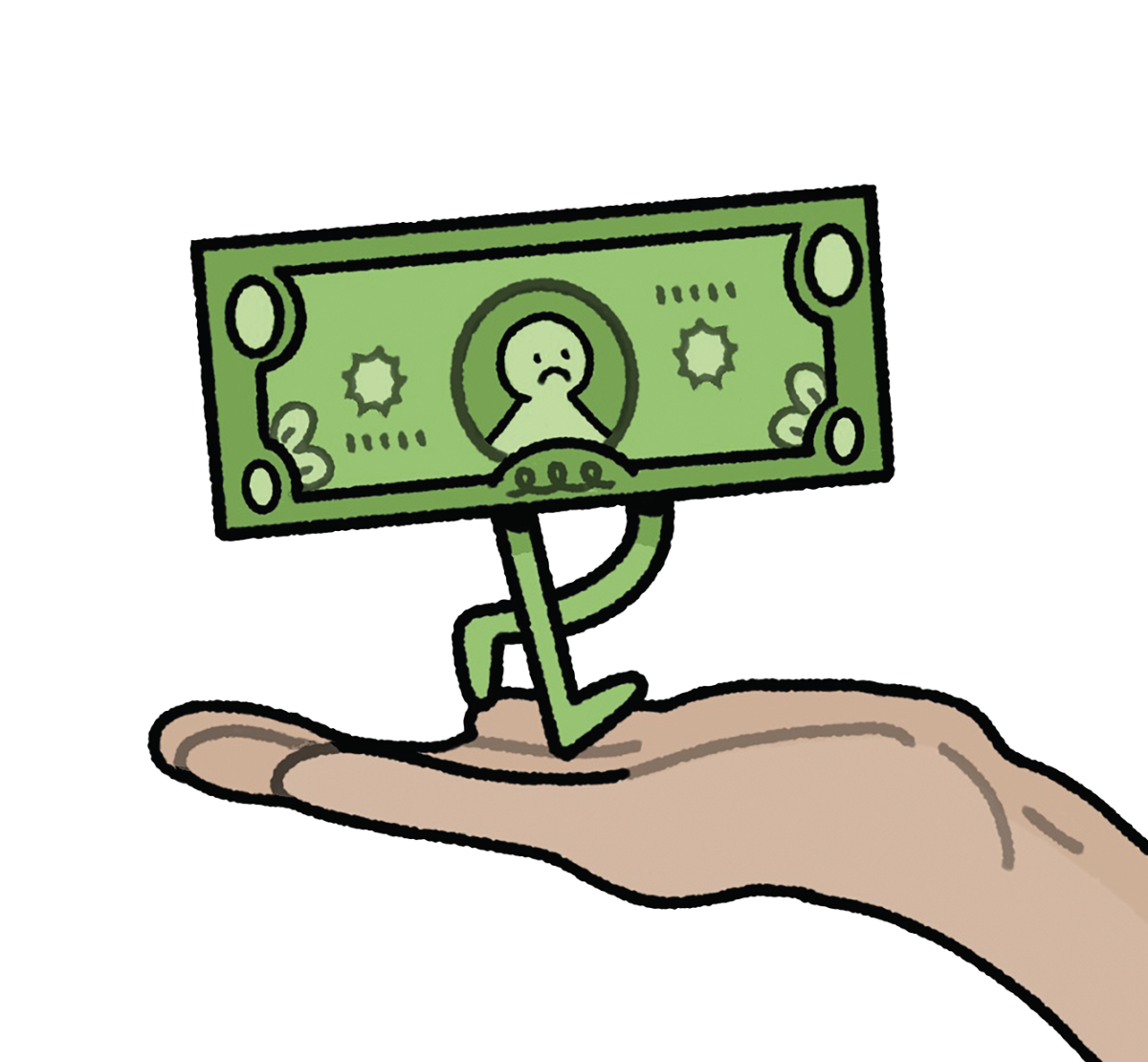Every year on Dec. 1, individuals around the globe observe World AIDS Day in an effort to spread awareness of HIV/AIDS and its life-altering effect on millions. In New Orleans, where the virus is especially prevalent, the day’s message reminds us that the disease affects even those closest to home.
Among large American metropolitan areas, New Orleans houses the second highest number of individuals infected with AIDS. This statistic is a pertinent reminder of the immense impact the disease, and its triggering infection, has on the daily lives of ordinary citizens across the world, nation and city.
Despite the disease’s far reach, many remain uneducated and uninformed about the infection that touches so many. Far too often we overlook the ubiquity of HIV/AIDS and consider ourselves immune or unconditionally protected from its influence. Yet the disease can infect anyone, and we must increase awareness of protection and testing mechanisms that help slow the spread of the pandemic.
Like any disease, stigma inevitably surrounds HIV/AIDS, and many of those diagnosed suffer from the prejudice harbored by others. This negative reputation, however, is fostered by ignorance about the disease, how it is spread and how it can be prevented.
With improved education, stigma is decreased and effective efforts to aid the infected can gain necessary support. As with any disease, we must devote ourselves to reducing the cloud of fear and shame that surrounds the disease, so a clearer approach to handling the pandemic can become apparent.
World AIDS Day is an impressive feat in the campaign for enhanced education. However, the effort must continue throughout the year if the disease is to be tackled. No matter how distant we may feel from the HIV/AIDS pandemic, it is essential to realize that the disease impacts our community, neighbors and friends. Each of us likely knows someone affected by the disease, and improved awareness is necessary to aid both those close and far from New Orleans.












